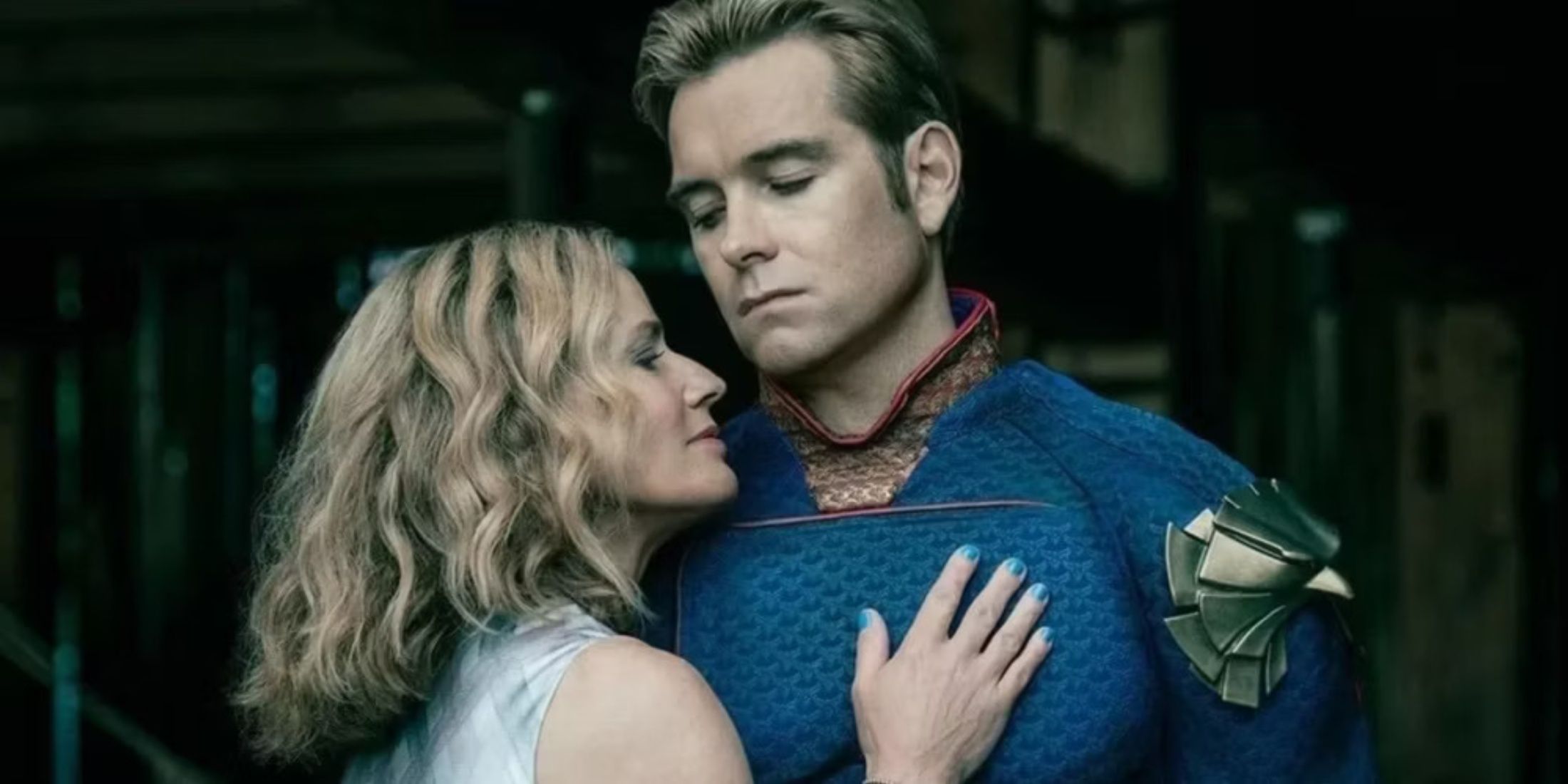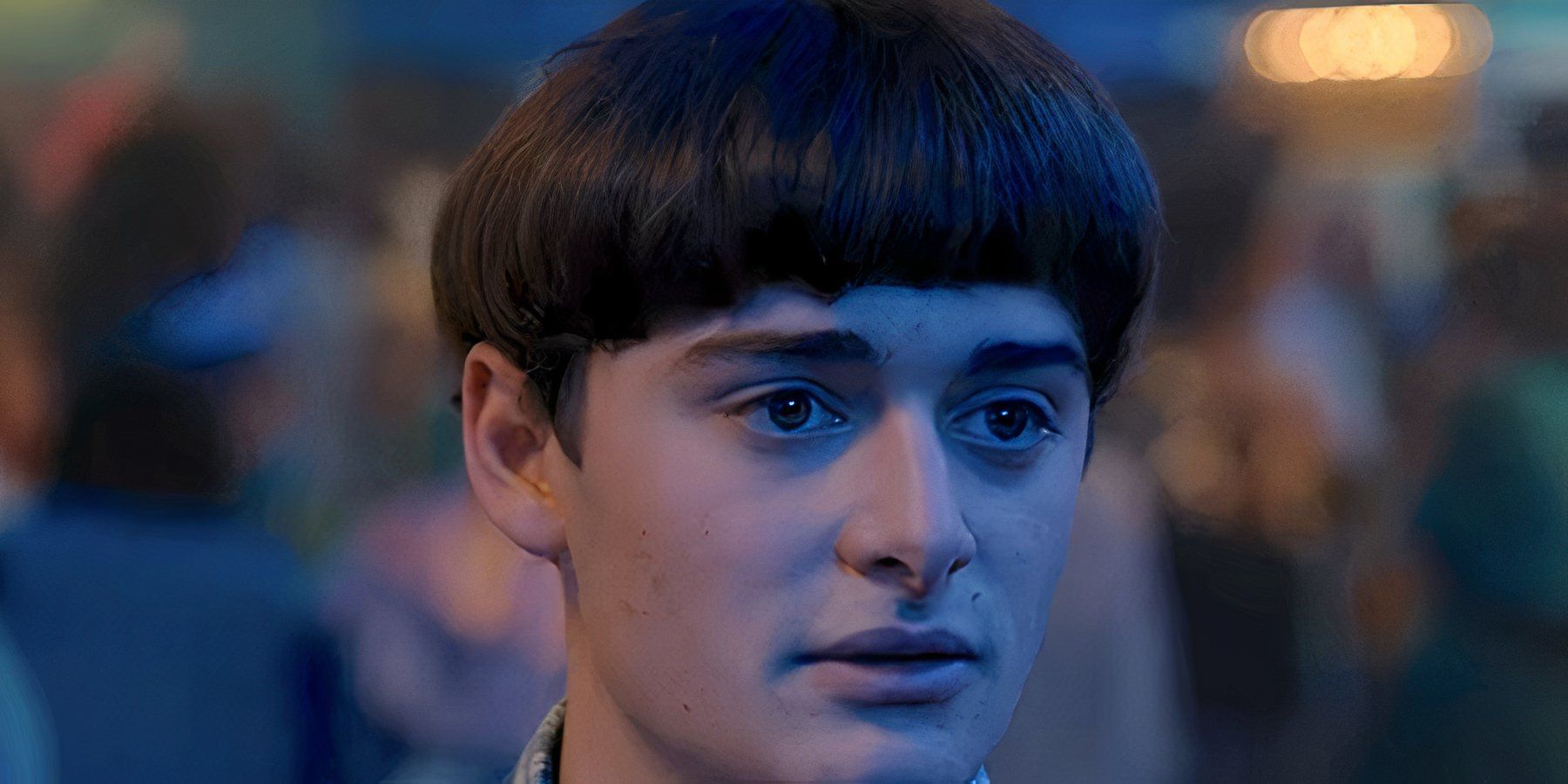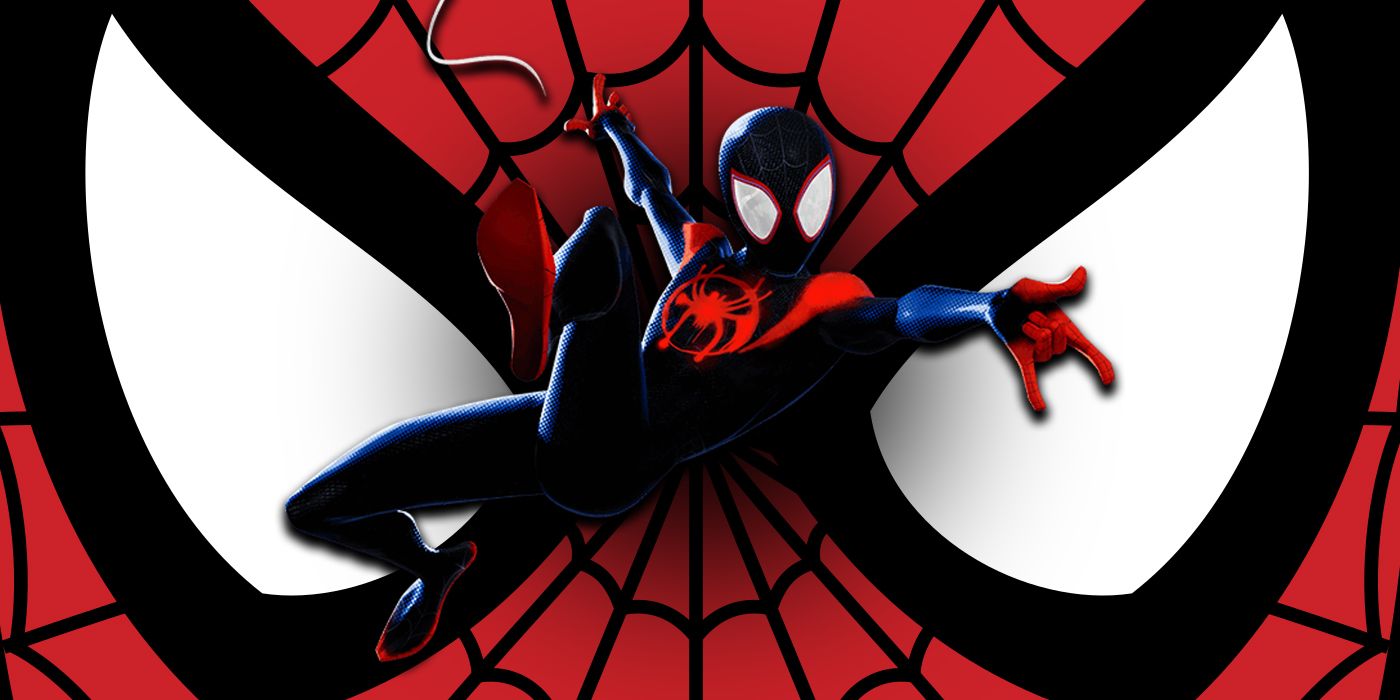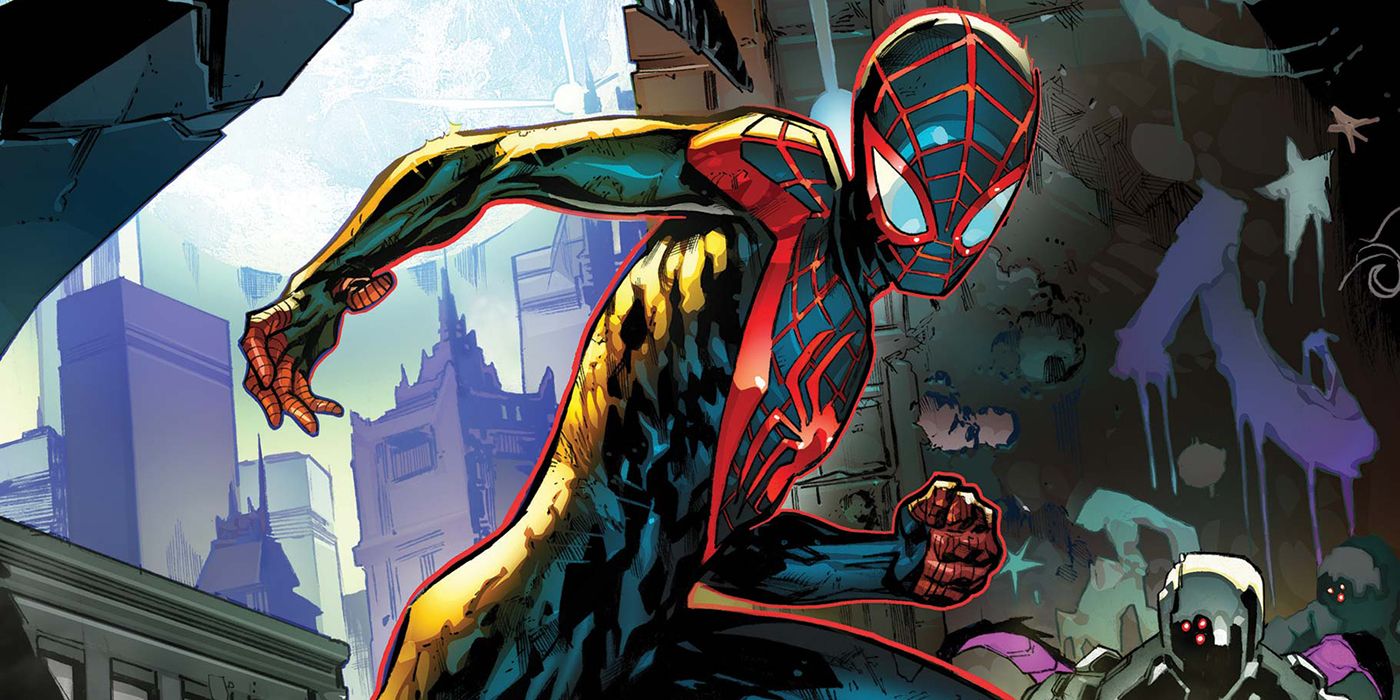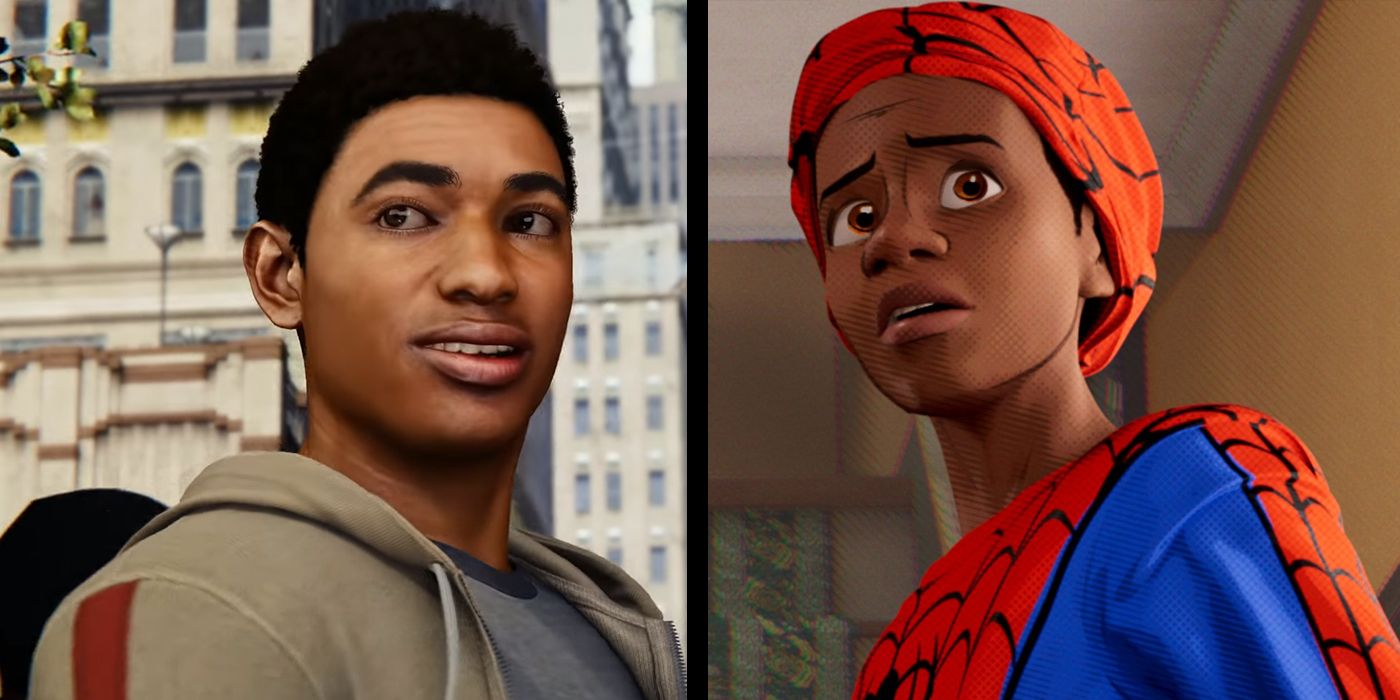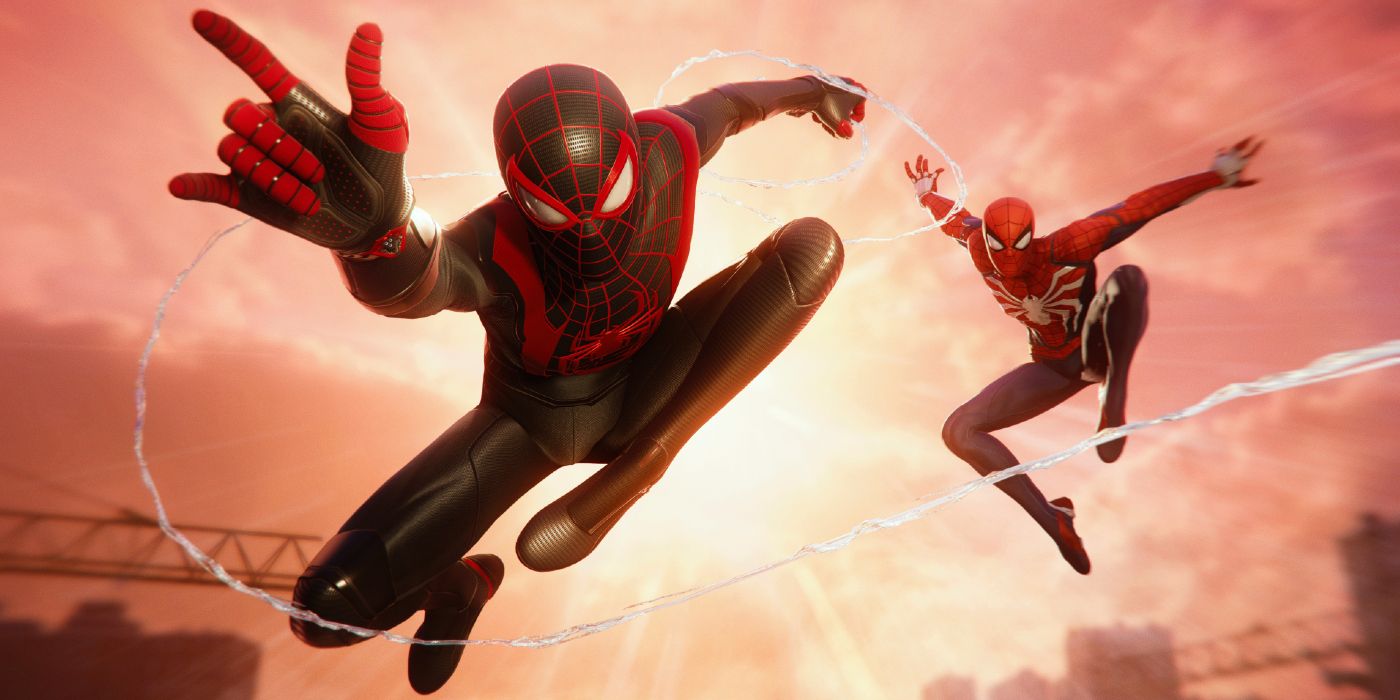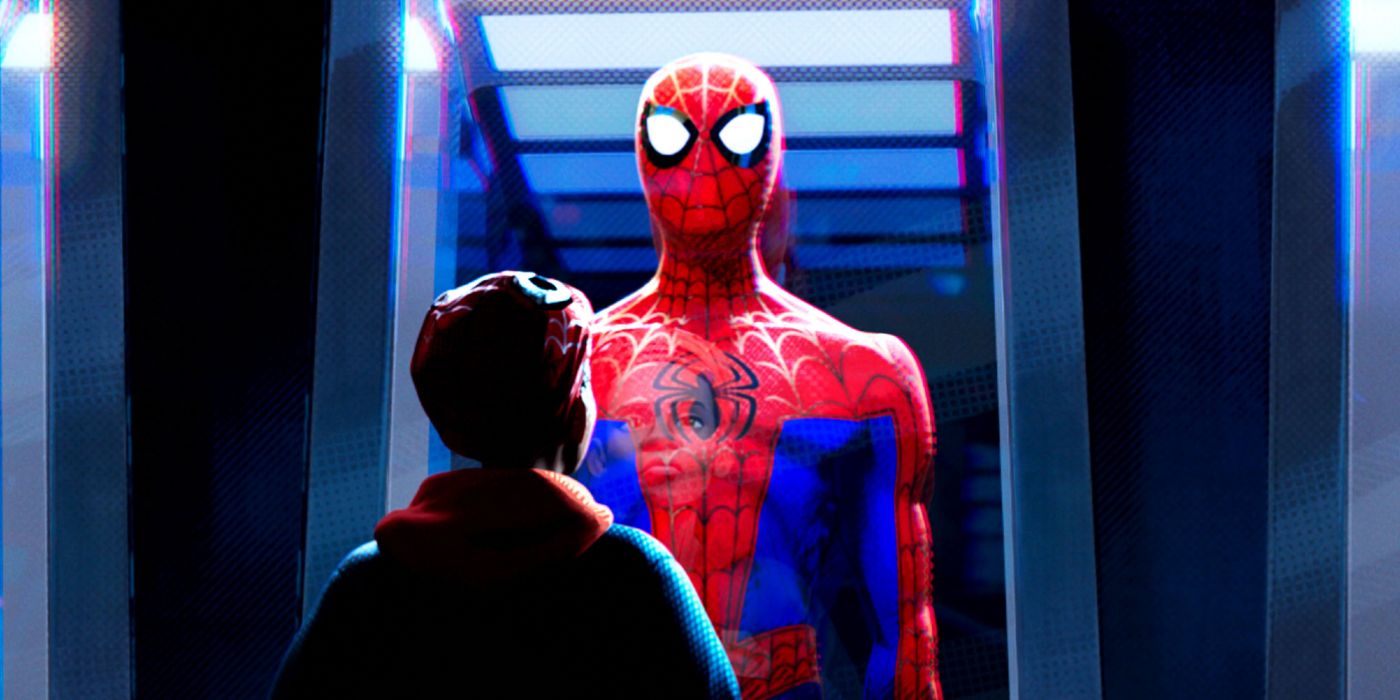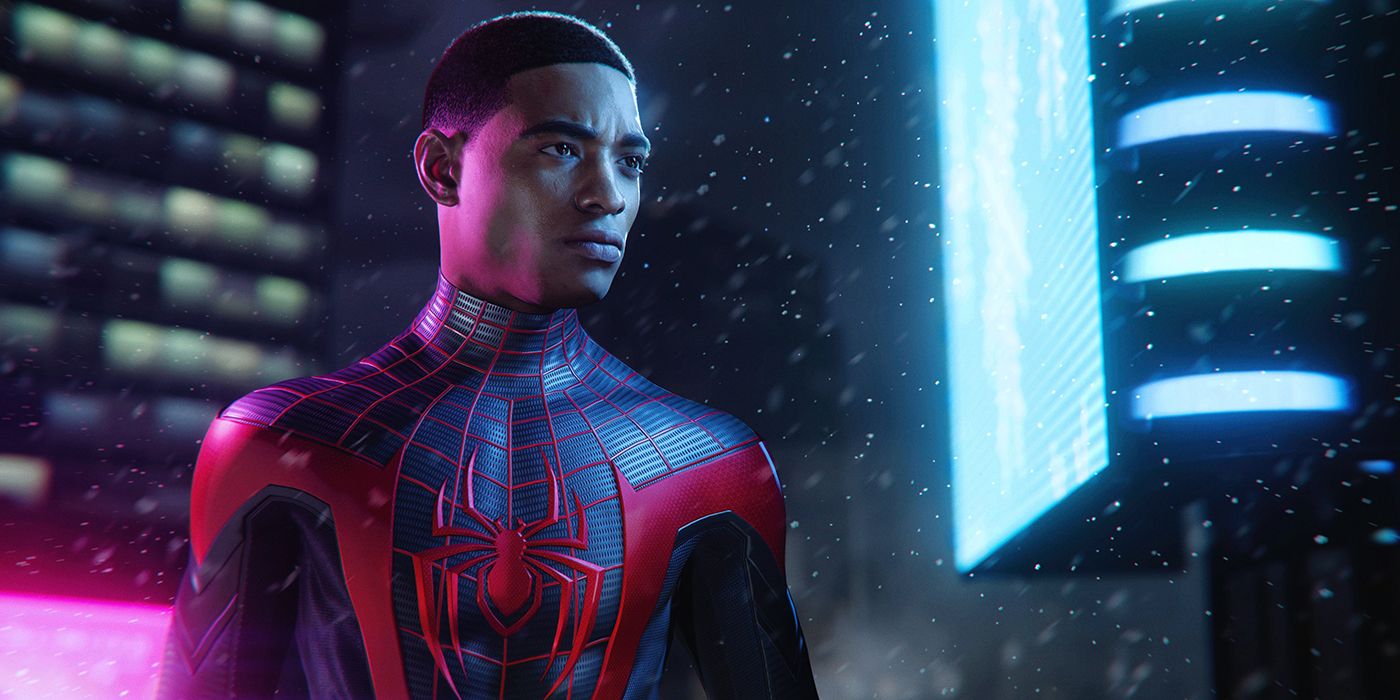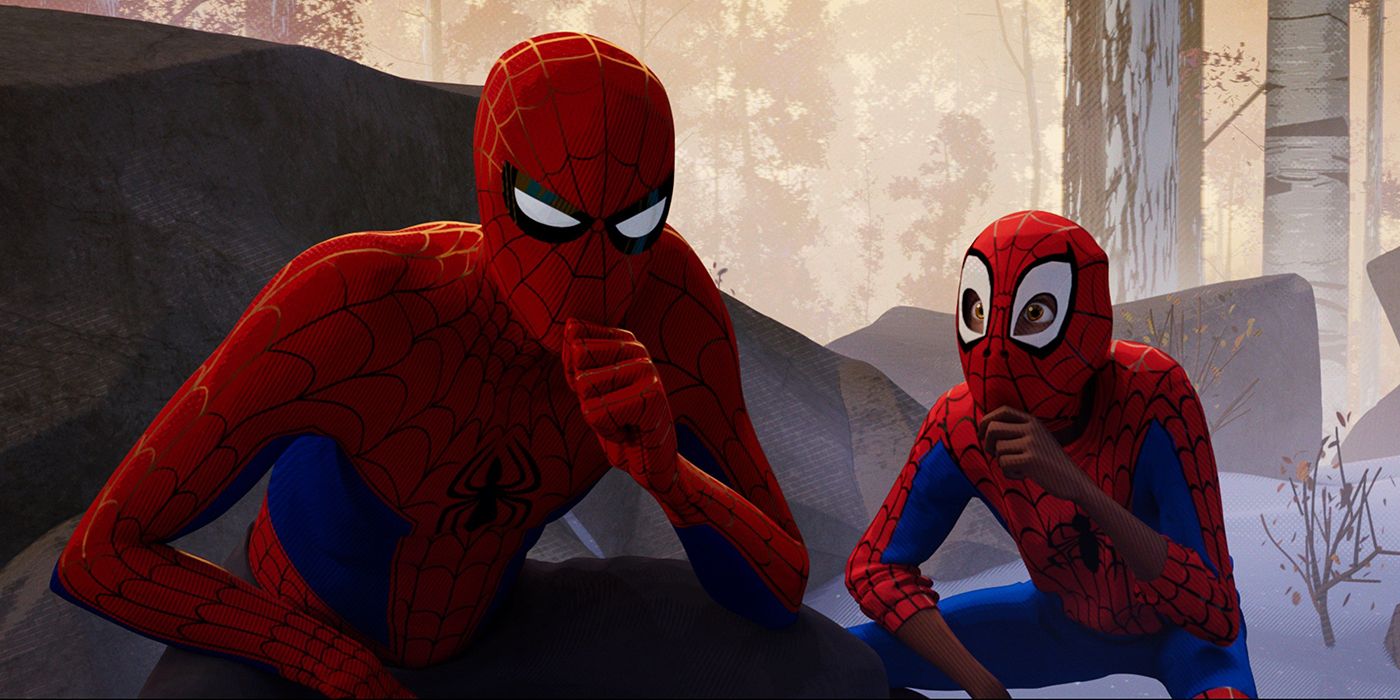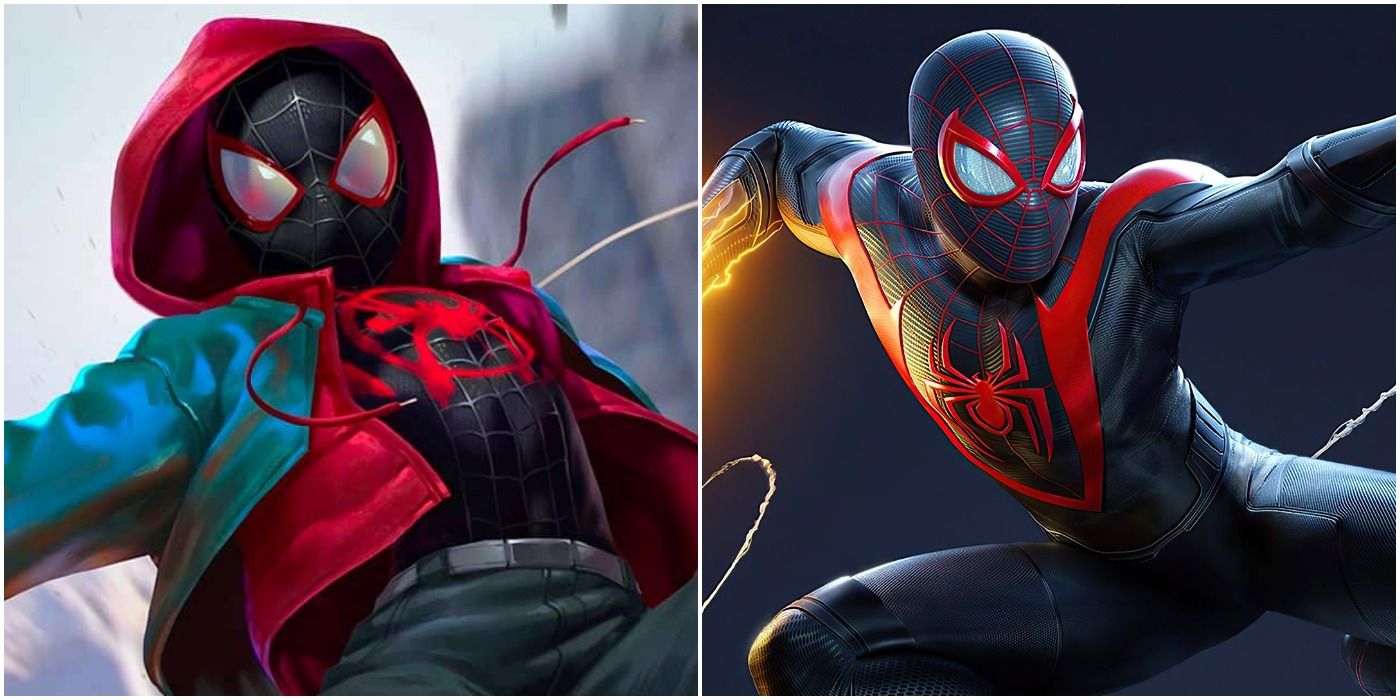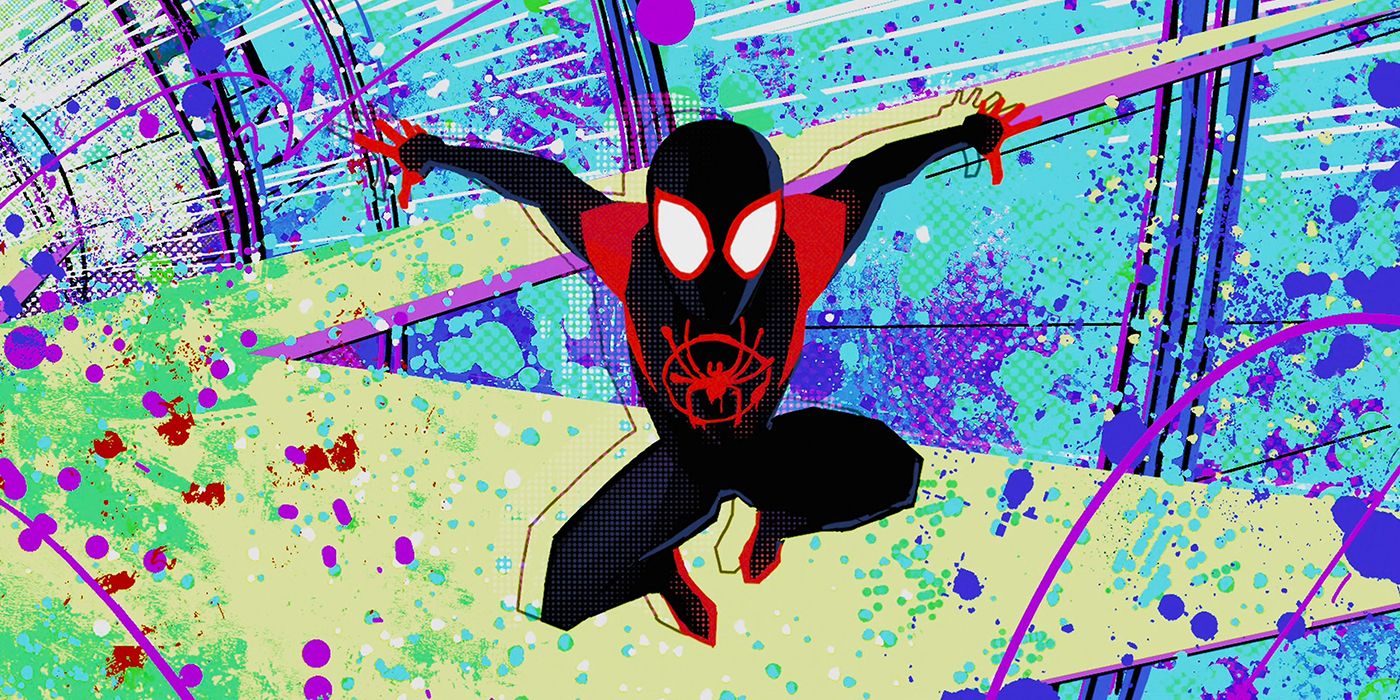Peter Parker is Spider-Man. If there's one absolute in the chaotic kingdom of comics, it's the secret identity behind the most popular superhero on the planet. No matter how many times the Web Warrior is flung into faraway dimensions or possessed by his arch-enemies, his millions of readers can always rest easy knowing, eventually, Peter Parker will put the mask back on, business as usual. Though the actual number of fictional crimefighters known as “Spider-Man” dwells in double-digits, the original kid from Queens has spun a wide enough web that anyone who also takes up the mantle is immediately considered an alternative to Peter Parker, instead of an individual character who bears the same title. They may have their own outfits and outlaws, but it’s Peter’s multiverse - they just play in it.
But in 2020, the winds (webs?) are changing. For the first time in over half-a-century, it feels like Peter Parker doesn’t have an exclusivity deal with the singlemost marketable superhero on the planet - at least, not in the public eye. Standing next to Peter atop Marvel Headquarters is Miles Morales, the Spider-Man of Marvel's Ultimate comic universe and the single most significant contribution to the Spider-Mythos since the death of Gwen Stacy in 1973.
Yet, for all his recent successes, an uncomfortable truth lies within the heart of Miles’ character, and as he grows more popular, the opportunity to confront this truth shrinks more and more.
For those only vaguely familiar with the Arachnid Kid, “let’s do this one more time”: Debuting in the Ultimate Spider-Man comic series in 2011, Miles Morales was created by writer Brian Michael Bendis and illustrator Sara Pichelli in their attempt to shake up the Ultimate universe and introduce a new protagonist with a more progressive and inclusive background (intentions that have not been forgotten). Though he wasn’t the first nonwhite person to take on the Web Warrior’s great responsibilities (preceded by Spider-Man 2099’s Miguel O’Hara), Miles nonetheless became the talk of his industry as a half-Black, half-Puerto Rican teenager outright replacing his universe’s Peter Parker.
As the 2010s waned, Miles’ significance to the Spider-Man franchise ballooned, and by the time Marvel Studios announced the ol’ webhead would be joining its cinematic universe, the Brooklyn Visions prodigy had become the elephant in Peter’s room. After two previous Spidey series starring Peter, it made sense for the third live-action Spider-Man movie to do something different. Unfortunately, the passionate outcry from fans was ultimately ignored (Miles has not yet been seen in the MCU, but he was mentioned by his prowling uncle, Aaron Davis, in 2017’s Spider-Man: Homecoming).
Mr. Morales’ momentum met its apex in 2018, through two big appearances: in September of that year, he was featured in Marvel’s Spider-Man for the PlayStation 4. Not simply a glorified cameo, Miles was an integral piece of the highest-rated Spider-Man video game’s story, his origin directly tied to Peter Parker’s war with Mr. Negative and the Inner Demons.
The black-and-red Brooklynite made history three months later when he starred in Sony Pictures’ Spider-Man: Into the Spider-Verse, the first animated film in the long history of Spidey cinema (and the first not centered on Peter Parker). Basing Miles’ webbed upbringing against the backdrop of the titular realm, Into the Spider-Verse was immediately lauded as the greatest Spider-Man movie of all-time and received an Academy Award for “Best Animated Feature” - one of the very few in its genre to do so. Thus, a “Moralessance” began, and with a Spider-Verse sequel en route for an October 2022 release and a Miles Morales critically-acclaimed video game headlining the PlayStation 5’s launch, it shows no signs of slowing down.
It’s an exciting time for Miles, whose adaptations aren’t tied down by decades-old cultural expectations like his mentor. Whenever a new iteration of Peter Parker graces the big or small screen, the cultural assumptions and expectations surrounding him are as ever-present as the web residue stuck to New York City’s many skyscrapers: Where’s Mary Jane? What’s Peter’s relationship with the Osborne family? Is Gwen Stacy dead, alive, or absent?
Contrary to Peter, Miles doesn’t have the same moving parts. He may be close with classmate Ganke Lee in Marvel’s Spider-Man: Miles Morales and barely say a word to him throughout Into the Spider-Verse. Miles isn’t even motivated by the same family tragedy in the different adaptations that cover his origin - excluding his heritage and his supervillain uncle, Miles can “Be Greater” in whatever way works best for his writers, programmers, and animators.
However, there’s one exception to Miles’ open book of a legacy - an anchor latched to his legs, courtesy of the recent media that catapulted him into the mainstream: As of December 2020, there doesn’t exist a version of Miles Morales in any of the most prominent Spider-media who doesn’t follow in Peter Parker’s footsteps. His status as a runner-up is baked into his ethos - as important to his character as his unique invisibility and bio-electrical “Venom Strike.” Written like a deal with Mephisto, Miles’ adapters have earned him a passionate following and an enormous piece of Spider-Man real estate in exchange for his agency and individuality as a character. In 2020, Miles Morales is known as “the other Spider-Man."
Though not at all deliberate, Into the Spider-Verse is the apex of the problem. Thanks to that film, Miles is recognized as the star of the Oscar-winning, universally-praised movie (soon-to-be franchise) about an entire universe of "other” Spider-People. Arguably Miles could only have ever been introduced to the mainstream in a movie that bases its narrative on the existence of multiple people called “Spider-Man” since Peter Parker is one of the most well-known secret identities of all time, so it may have been a necessity. But the implications within that necessity are deeply uncomfortable themselves: Miles is only cinematically viable as long as the central point of his movie is that he is absolutely not Peter Parker.
This characteristic burden is addressed (and made worse) in Marvel’s Spider-Man: Miles Morales. Whether from the villainous Rhino or the equally-obnoxious residents of New York, Miles’ authority as Spider-Man is constantly undermined. Rush past crowds of citizens and it’s a guarantee some layered-up pedestrian will minimize Miles, asking where the “real” Spider-Man is. It’s part of Miles’ character arc, his obstacle in overcoming his doubts, casting aside the weight of expectations, and coming into his own as a superhero… which is exactly the same journey he embarked during Into the Spider-Verse.
The two prominent pieces of mainstream Spider-media that star Miles are entirely focused on his struggle with not being the “real” Spider-Man, and though the stories both end with his acceptance of his own individuality, they still treat Peter’s shadow as a required part of Morales mythology. In theory, it makes sense, and in practice, it's compelling and personal, but as the same character arc is adapted on repeat, it grows more attached to Miles' cultural identity.
Adaptations - especially those of comic book superheroes - thrive on iteration and reinterpretation, and as a character is summoned to the screen again and again, the most consistent part of their mythos grows into an obligation. If the central conflict of every Miles Morales is the weight of the first Spider-Man's legacy, he'll always be a runner-up to his predecessor instead of a hero of his own. The uncomfortable racial subtext in that character consistency cannot be ignored - what does it say about a diverse character when he can only exist in proxy to the white character he's supposed to replace?
Unlike most of his crimefighting, Miles Morales' cultural curse doesn't have any direct cause or villain. The teams at Sony Pictures Animation and Insomniac Games have undeniably treated Miles exceptionally, and it’s clear they want the character to embrace individuality - “Be Yourself” is literally the tagline for Spider-Man: Miles Morales, for example. But by repeatedly linking Miles’ journey to Peter’s legacy so thickly, they’ve also grounded him in an insidious spot, designating his most important journey as one out of a white man’s shadow.
Thankfully, there is a fairly straightforward method to lift Miles' curse. The solution doesn't arrive overnight, but it’s possible: future adaptations that star Miles Morales - the scheduled sequel to Spider-Verse and the potential follow-up to Spider-Man: Miles Morales, for starters - should minimize Peter’s involvement (with apologies to Jake Johnson and Yuri Lowenthal fans) and focus on Miles and his own circle of allies. Even then, that’s a hard ask given Peter is a prominent character in both franchises.
A more powerful gesture would be an adaptation without Peter altogether: a Miles Morales animated series that skips the origin outright could be a huge leap forward in communicating his individuality to his younger fans. Even more convincing would be the first Miles Morales live-action movie designed as an origin story without Parker - though it would require a revamp, it’s not an impossible task. If Tom Holland's Spider-Man can function in the Marvel Cinematic Universe without so much as a mention of an "Uncle Ben" figure, what's stopping Miles from a similar soft reset?
With more emphasis on Miles’ own community and rogues gallery in modern Spider-Media, the generations of tomorrow will debate which Spider-Man is their favorite, forgetting one was ever secondary to the other. Miles Morales deserves to do more than step out of the shadow - he shouldn’t be confined to it in the first place. He's not a kid playing pretend or a sidekick replacing his boss, he's every bit as much of his own hero as the guy who came before him. Miles Morales deserves to be an individual because Miles Morales is Spider-Man.
Marvel's Spider-Man: Miles Morales is available now on PS4 and PS5.


